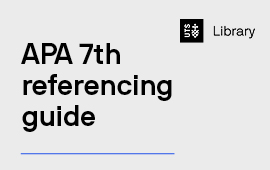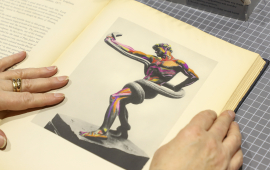Open Educational Resources
Open Educational Resources (OERs) are free, openly licensed online teaching and learning materials. They can take a wide variety of forms including text, photographic and video material, audio, software, quizzes, or even whole course lessons (called OpenCourseware). These materials are either in the public domain or have been offered under Creative Commons (CC) licenses that allow for their wider use. It is important to check whether the content is offered under a CC license or whether it has terms and conditions. OERs are not to be confused with MOOCs, which are not offered under open licenses.
Swinburne University and the University of Tasmania have created a useful Open Education Licensing Toolkit that gives guidance about finding and using OERs.
Using Open Educational Resources
OERs are built around five principles:
- Retain: you may control copies of the OER even if the original is removed.
- Reuse & revise: freedom to use the OER unaltered, or to adapt it to your needs.
- Remix: combine the OER with external material to create something new.
- Redistribute: share copies of your original content and adaptations with others.
Finding Open Educational Resources
Some popular online platforms allow for searching creative commons material (for example, Google, YouTube, Wikimedia) and there are specific sites designed to help you find CC material and OERs such as the Creative Commons Website, Open Professionals Education Network, OER Commons.
Our OERs Study Guide provides links to key resources that are both openly available and held contained in the UTS collection.
Getting Help
Request a consultation with a librarian to discuss your needs.







